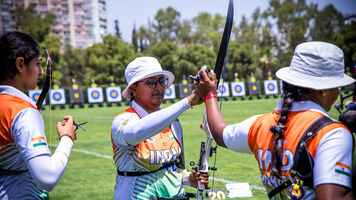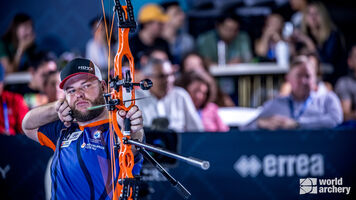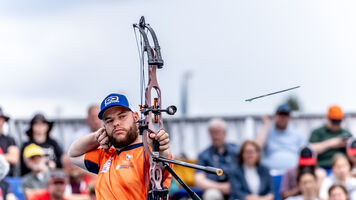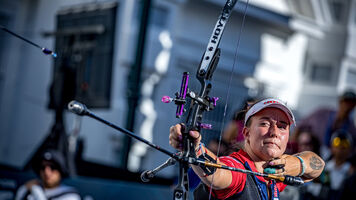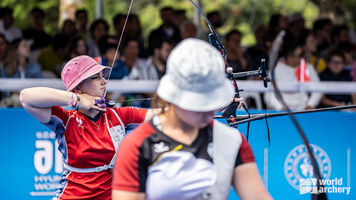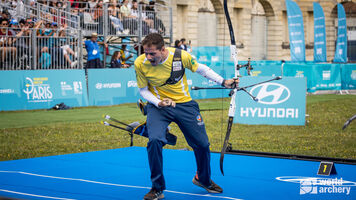Climbing the world rankings after the pandemic
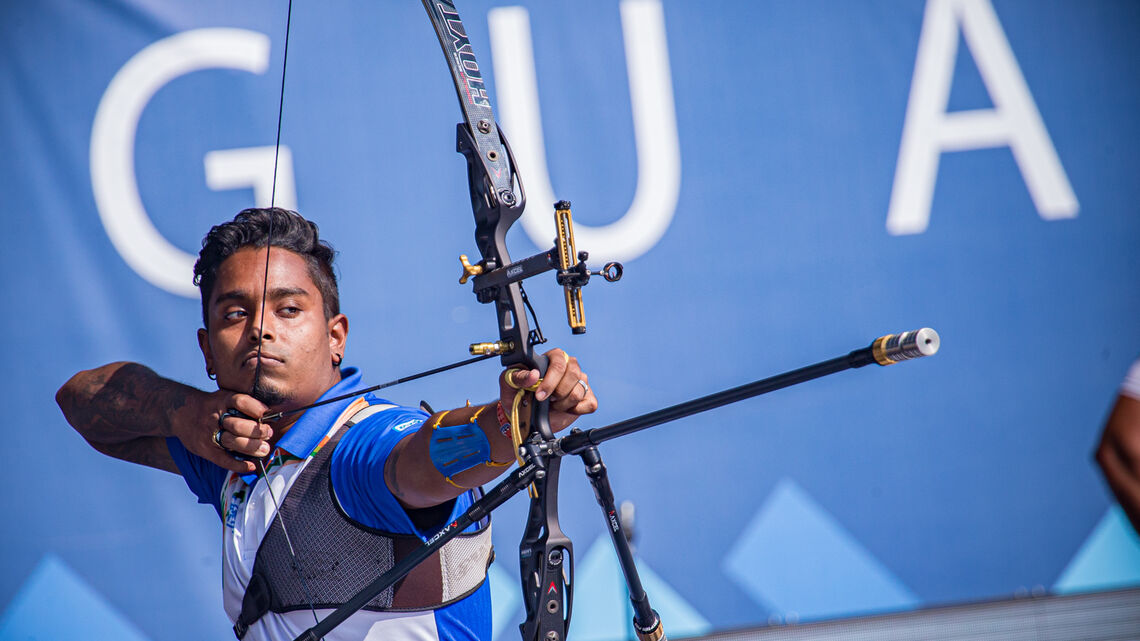
It’s a metric within a metric: visit the rankings page of the World Archery website – published every two weeks and after major international tournaments – and see how long it takes to find your name.
The amount of scrolling can be revealing.
“If you’re below 20 or even lower, you have to keep loading three or four times,” Indian recurve man Atanu Das observed recently. “It’s not good to see. Like, ‘I’m that bad?’ Okay, I better keep working’.”
Frozen for a year due to the competition hiatus caused by COVID-19, the world rankings have fluctuated significantly since the return of the outdoor season on 1 April. Ranking points are awarded according to the level of an event, the average level of participants and the time that has passed since the competition took place.
Following a tumultuous year without international events, archers can once again evaluate their progress beyond their own internal training and directly compare themselves against the very best.
“During the lockdown period, I felt like I was improving, but there was no parameter or score to measure it against,” said Das, who has jumped from 38th to 11th thanks to his gold medal at the first stage of the 2021 Hyundai Archery World Cup in Guatemala City.
“I was very excited, and I was a little scared, too, because I didn't know how it would go,” he continued. “There were a lot of unknowns. Now that the event is over and the results are in, I can see that I’m on the right track and keep doing the work to improve myself at the highest level of my potential.”
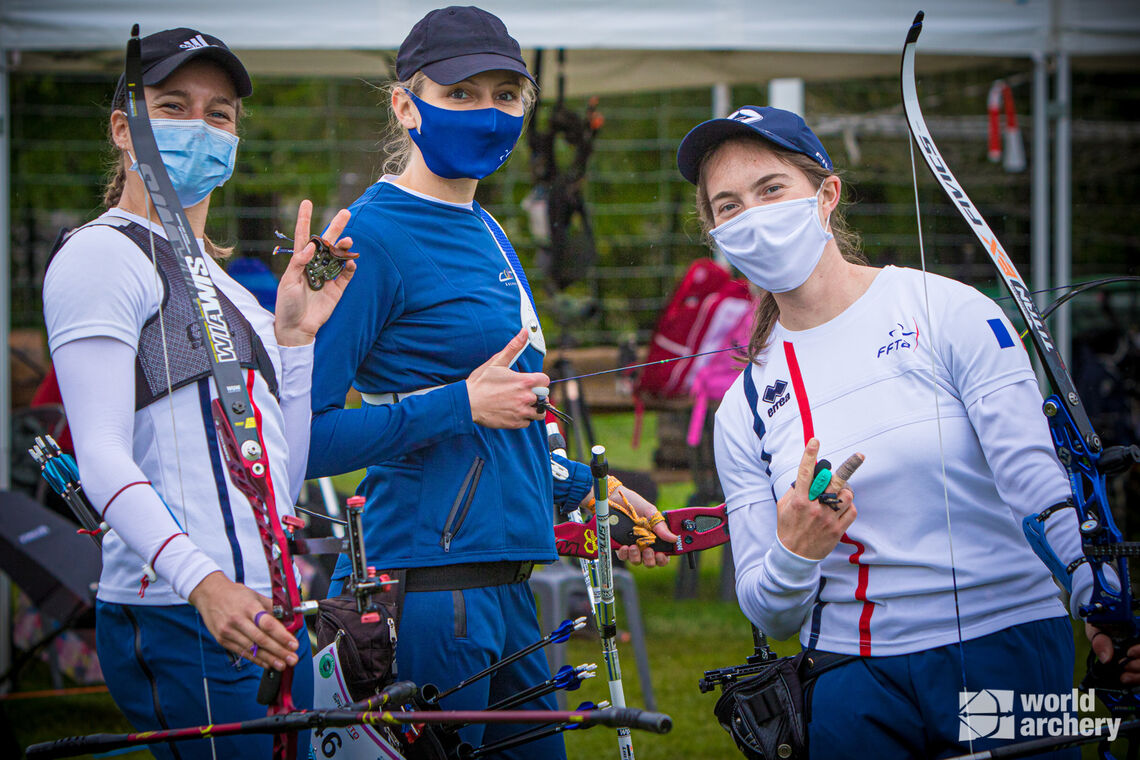
Resisting the impulse to take his foot off the accelerator and recede during the pandemic, Das’ victory last month served as confirmation of his progress amid a swell of uncertainty. But a single tournament only goes so far when evaluating an archer’s abilities.
Rather than measuring success off a single event, the world rankings serve as perhaps a more reliable indicator – especially in a sport in which who wins and who loses can be decided by the slimmest of margins.
“The world rankings are like one big competition that shows consistency over time,” said Lisa Barbelin of France, who has climbed from 34 to eight in the recurve women’s list in less than two months. “It’s not one arrow, it’s not one match. It’s every day. Every competition counts.”
Winning is nice, of course, but the world rankings reward more than just victories. Just ask Nicholas D’Amour of the US Virgin Islands, who broke into the top 10 in the most recent recurve men’s list after advancing to the final four of the second stage of the international circuit in Lausanne – a 10-spot improvement on his previous number 20, earned two weeks earlier.
D’Amour’s current position is a far cry from his ranking of 196th on 20 March, before the lists were unfrozen, and he’s made the jump through a series of deep tournament runs and podium finishes at world-ranking events like the European Grand Prix earlier this year in Antalya (which is open entry, despite its name).
Not shy of confidence, the 19-year-old welcomed the return of competition with anticipation so his peers could witness his progress for themselves.
“It was definitely nice once things started opening up, because I knew I had improved a lot and I wanted to show the world with my coach behind me,” D’Amour said.
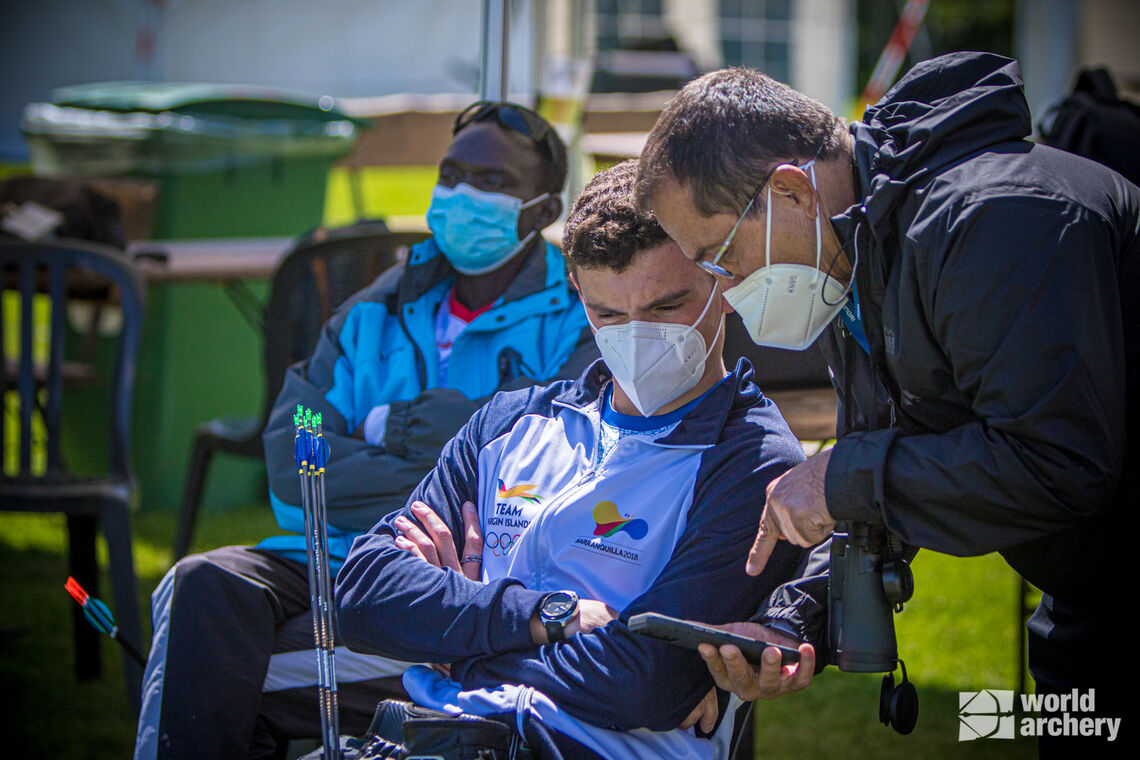
For others, discovering a lofty number attached to their name has required some adjusting. Nora Valdez entered stage one in Guatemala City as the least-heralded of Colombia’s deep roster of compound archers, and she followed her victory at the Pan American Championships with a second major gold that vaulted her from 32nd to ninth.
“It’s kind of a dream come true,” Valdez said. “I always said I wanted to be one of the top 10 archers in the world, and now I am. It’s like, ‘wow! When did this happen?’”
Then, due to circumstances out of her control, Valdez dropped a spot without even picking up her bow; Colombia's compounders were unable to attend stage two in Lausanne, preventing the 23-year-old from earning points that would have solidified her ranking.
The Colombian will neither compete at the European Championships, which start with qualification on Tuesday in Antalya, just as many Asian nations have chosen not to enter major competitions this year for precautionary reasons.
The world rankings have merit, but they don't account for everything.
“I still think they matter,” said Valdez, one of two Colombian women in the top 10 alongside Sara Lopez. “It affirms our place in the sport and shows our country and the government that we have a lot to give back to our country.”
“We’re worth it,” she said. “We’re absolutely worth it to send to these competitions.”
On an individual level, that lone number has signified Valdez’s ascension to the ranks of contender, rather than a solid third, and served as tangible evidence that her training is working. The pandemic hit her country and her family hard. To not only weather the storm, but experience success so immediately, has been particularly rewarding.
“It’s really satisfying to be acknowledged for my individual results and show that I can give much more to the team than before,” Valdez said. “Little by little, all of that hard work is starting to pay off.”








